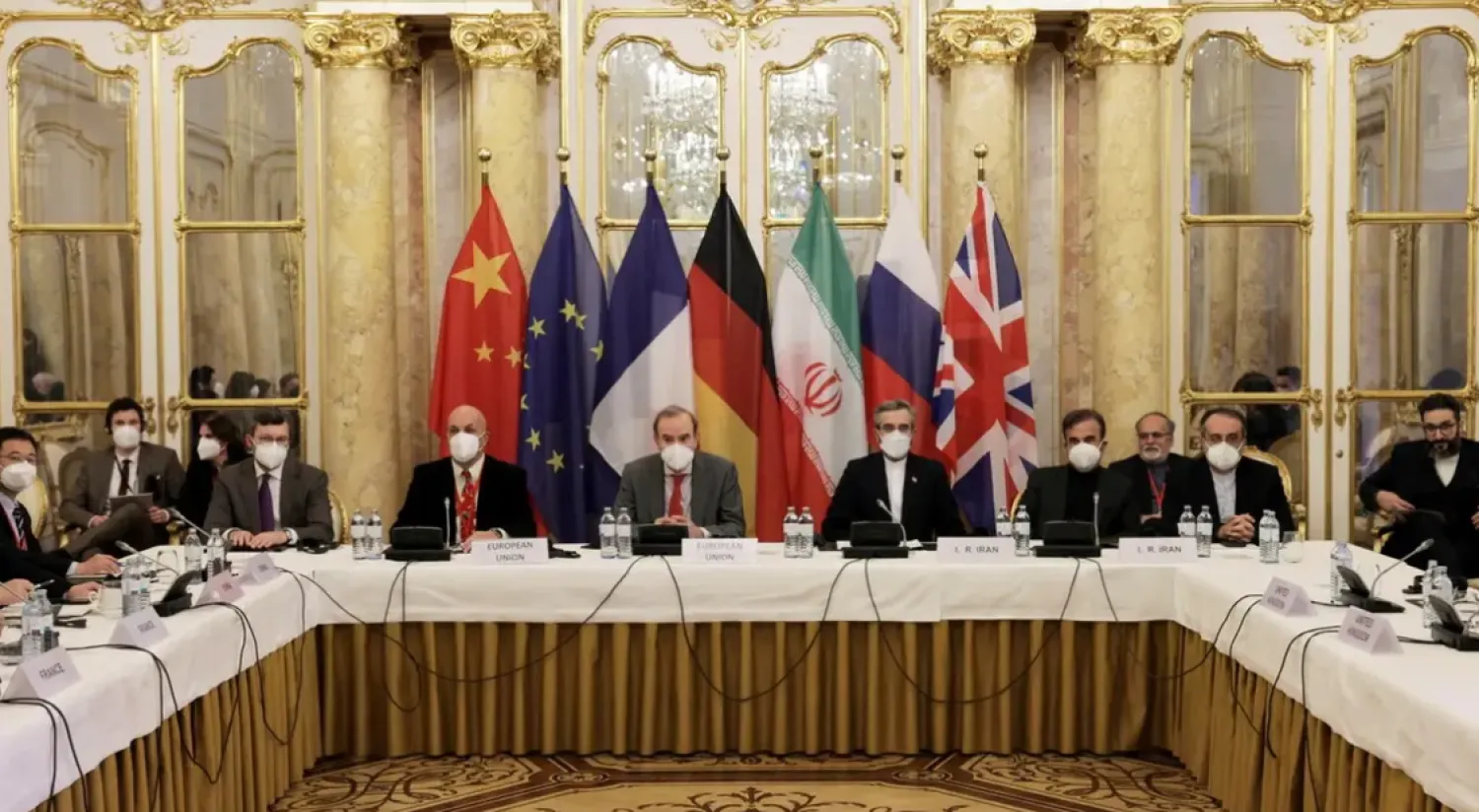Despite the clear impasse in negotiations to revive the nuclear agreement between the West and Iran, it appears that there is still hope. Senior diplomatic sources close to the Vienna talks voiced their belief to Asharq Al-Awsat that it was still “possible” to strike a deal.
Delegations participating in the Vienna negotiations left the Austrian capital on March 11 without returning to it since then. They left after an EU official announced the need to halt negotiations for “external reasons.”
What High Representative of the European Union for Foreign Affairs and Security Policy Josep Borrell meant by “external reasons” are the new demands laid out by Russia after it was sanctioned by the West for its military invasion of Ukraine.
While the Russian dilemma was soon resolved after Moscow obtained the guarantees it had requested, negotiations remained stuck without achieving any progress.
The most prominent challenge has become Iran's insistence on removing the Revolutionary Guards from the terrorism list and removing its leaders from the US sanctions list, as a condition for signing the agreement.
It seems that Iran is betting on the US submitting to its demands to avoid another crisis besides the one in Ukraine.
Nevertheless, the Biden administration has insisted since the start of negotiations with Iran that it will not lift sanctions slapped by the Trump administration if they are not directly related to the agreement.
Sanctions against the Iranian Revolutionary Guards fall into this category. Because it is classified under the sanctions related to terrorism and not nuclear activities.
While the US is conducting an internal assessment and discussion about the appropriateness of delisting the Guards as a price for reviving the nuclear agreement, the European Union continues its efforts to try to revive the agreement, the text of which is almost complete.
The EU coordinator for talks to restore the Iran nuclear deal, Enrique Mora, visited Tehran a month ago and met with Iranian officials, but he returned empty-handed.
Now, Mora is preparing to hold new bilateral meetings "soon", and he is still conducting non-stop consultations with the US and Iranian parties, senior diplomatic sources told Asharq Al-Awsat.
According to the sources, the consultations will not take place in Vienna, and that the delegations will not return to the Austrian capital unless an agreement is reached.









